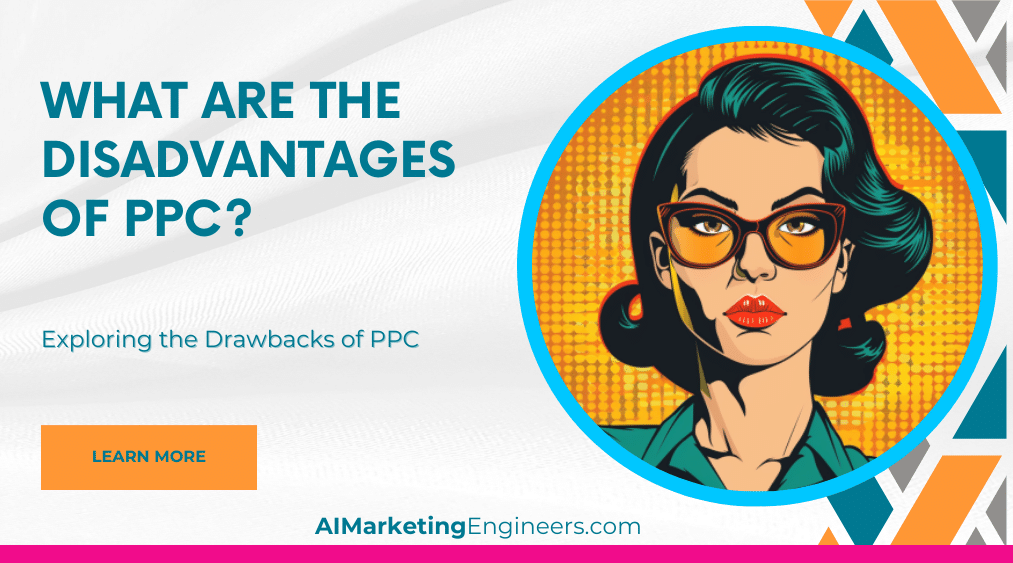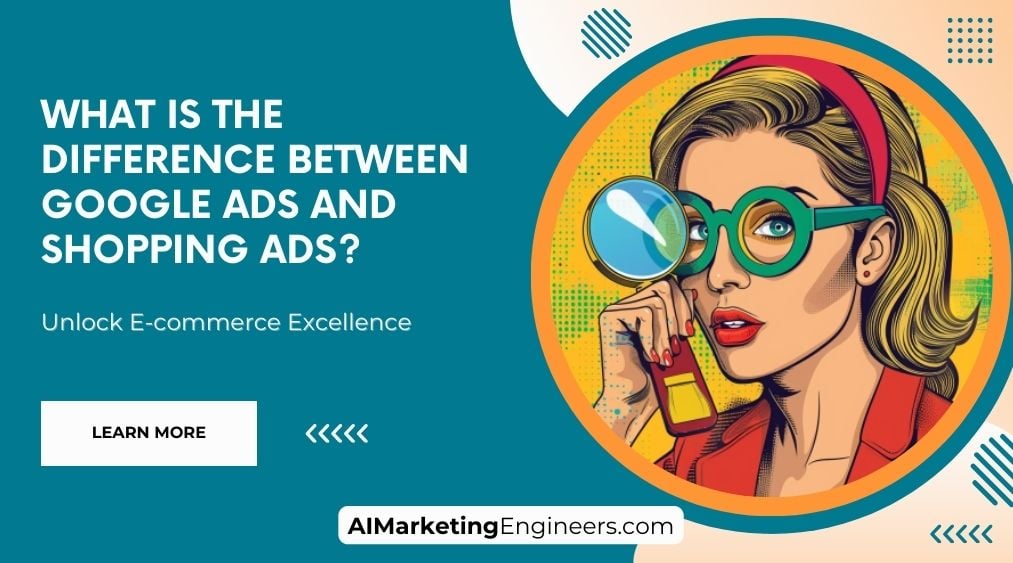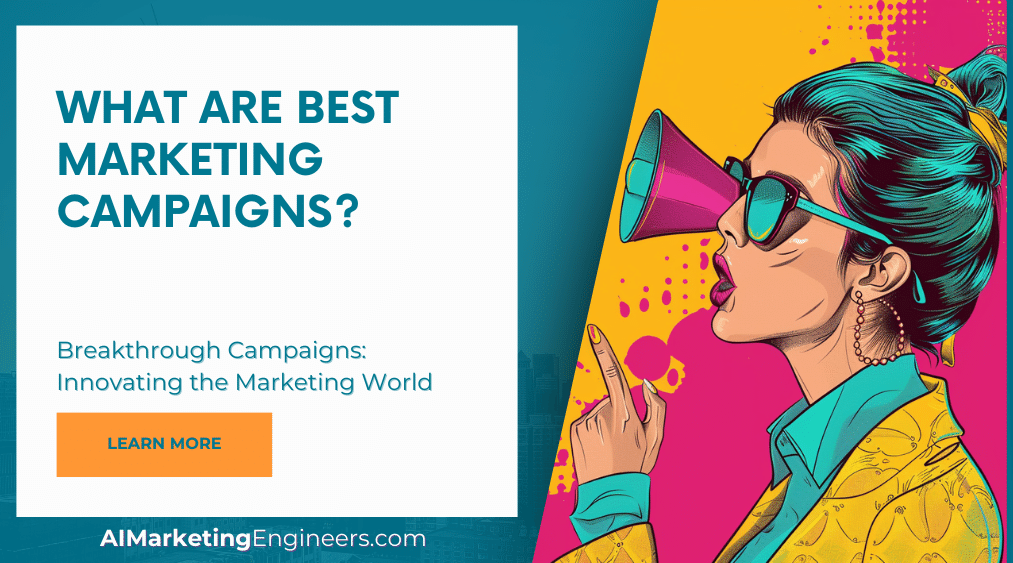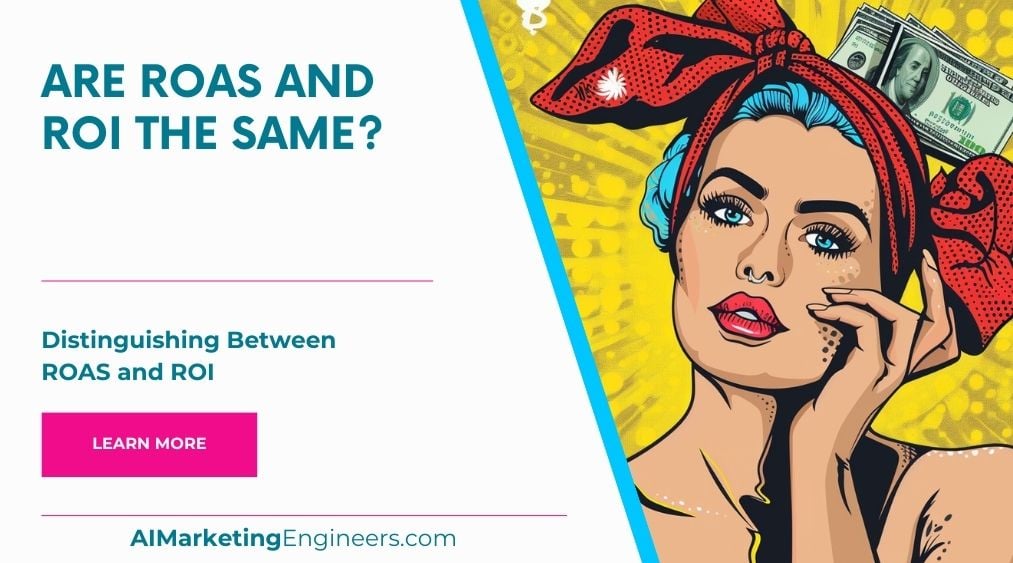Key Takeaways
✅ Cost Considerations: Be prepared for potentially high and ongoing costs associated with a PPC campaign. Budget planning and ROI analysis are essential to ensure that PPC investment justifies the results.
✅ Campaign Management: Understand that PPC requires continuous monitoring, testing, and optimization. Consider whether you have the necessary time and expertise in-house or if you need to factor in the cost of employing a specialist.
✅ Diversify Advertising Efforts: To mitigate the disadvantages of PPC, it's wise to not rely solely on paid advertising. Integrate PPC with other marketing strategies, such as SEO and content marketing, for a more comprehensive approach.
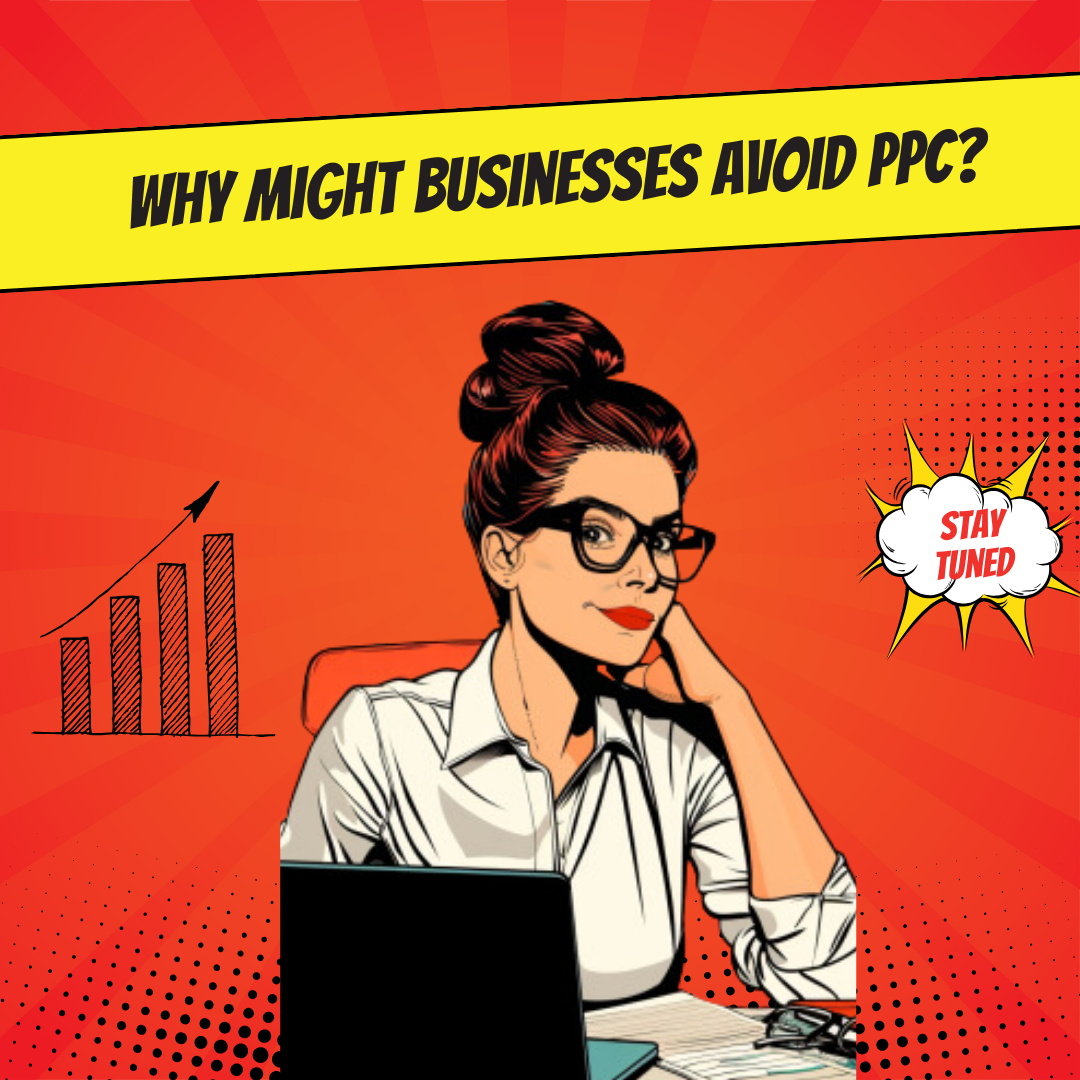
Introduction
Are you tapping into the pulse of digital marketing by using PPC, but feeling the pinch in your wallet? Pay-per-click advertising, a powerhouse in the online marketing arena, sounds straightforward: you only pay when someone clicks on your ads. But is it the golden goose it's cracked up to be?
In this article, we'll slice through the hype and explore the hidden thorns in the garden of PPC. From draining your funds faster than a leaky faucet, to the fleeting nature of its results, we're diving deep into the not-so-glamorous side of those alluring clickable ads.
Brace yourself as we shed light on the concealed complexities and stealthy pitfalls of PPC that could ambush your marketing efforts and your bottom-line.
What is PPC (Pay-Per-Click) Advertising?
Pay-Per-Click (PPC) advertising is a digital marketing strategy where advertisers pay a fee each time one of their ads is clicked. Essentially, it's a way of buying visits to your site, rather than attempting to “earn” those visits organically. Search engine advertising is one of the most popular forms of PPC.
This article aims to provide insight into the main disadvantages of PPC advertising, which businesses should consider before investing in this type of marketing strategy.
While PPC can drive immediate traffic and has the potential for high ROI, it can also present several key disadvantages such as high costs, temporary effectiveness, demanding administrative tasks, and vulnerability to ad fraud.

The Cost of PPC
PPC can be an expensive endeavour, especially in competitive industries. The cost per click can quickly add up, chipping away at your ROI.
Certain keywords are in high demand and the bidding wars that ensue can result in very high costs per click. This could be prohibitive for smaller businesses or startups.
To keep the traffic flowing, continuous investment in PPC campaigns is necessary. Without consistent funding, PPC traffic is non-existent.
Temporary Effectiveness
The effects of PPC are immediate but short-lived. Once you stop paying for clicks, the traffic stops. Unlike organic search strategies, PPC doesn't offer long-term benefits.
Businesses must keep investing in PPC to maintain visibility in search results. This can create a dependency that many are not comfortable with.
Administration Tasks
Successfully running a PPC campaign requires significant time and expertise. Continuous keyword research, ad copy updates, and strategy adjustments are all critical.
To get the most out of your PPC budget, constant analysis and tweaking of the campaigns is essential. Monitoring KPIs and adjusting bids is a continuous task.
Depending on the complexity of your PPC campaign, you might need to hire a specialist or dedicate internal resources to manage it, which adds to the costs.
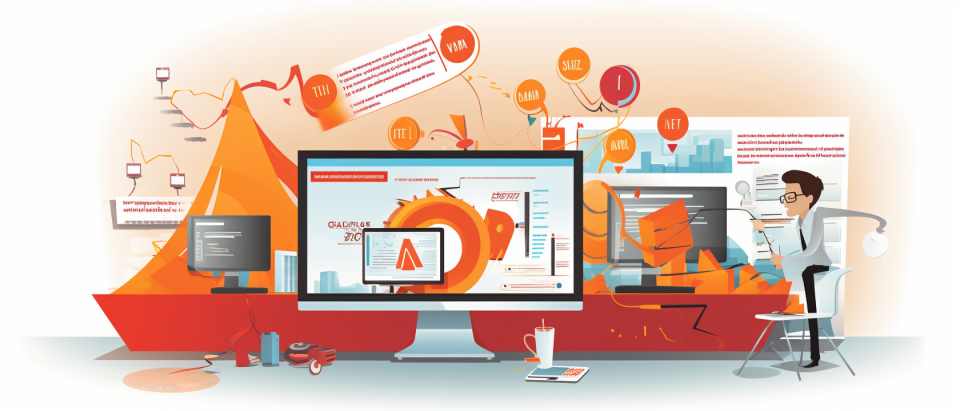
Ad Fraud
Ad fraud is a critical problem in PPC, where fraudulent clicks are generated that cost advertisers money but provide no actual potential for conversion.
Every fake click consumes part of your PPC budget, detracting from legitimate opportunities to reach potential customers and possibly exhausting your funds with no return.
There are several types of ad fraud, including click farms, bot traffic, and competitor sabotage, each draining PPC budgets and skewing campaign data.
In summary, PPC advertising can be expensive and requires ongoing investment. Effectiveness diminishes quickly without continuous spending, and PPC campaigns demand consistent management and vigilance against ad fraud.
To mitigate these disadvantages, set clear goals and budgets, focus on long-tail keywords to reduce costs, regularly review and adjust campaigns for performance, and use anti-fraud tools to protect your investment. Consider an integrated approach with organic SEO for more sustainable results.
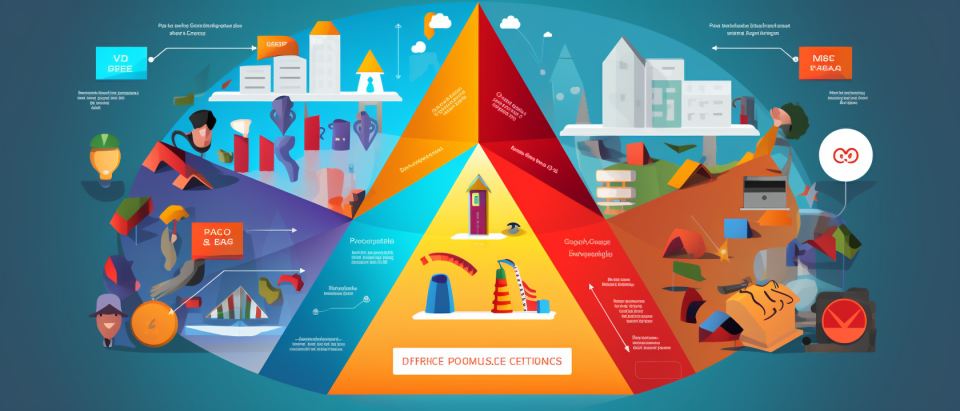
AI Marketing Engineers Recommendation
When considering a Pay-Per-Click (PPC) advertising strategy, it's essential to acknowledge not only its numerous advantages but also the potential disadvantages that can impact the effectiveness and cost-efficiency of your campaigns. Here are several key challenges associated with PPC that should be carefully weighed in making informed marketing decisions:
1. Costs Can Quickly Escalate: One of the most significant challenges with PPC is the potential for runaway costs. Without proper budget management and a well-thought-out strategy, you can deplete your budget quickly, especially in competitive industries where cost-per-click (CPC) rates are high.
2. Clicks Don’t Always Lead to Conversions: PPC drives traffic, but not all clicks will lead to conversions. It’s important to have highly optimized landing pages and a strong sales funnel to ensure that the cost of clicks is substantiated by a corresponding rate of conversion.

3. Bidding Wars and Competitiveness: In high-demand niches, PPC can become a bidding war. Advertisers may end up paying excessively high costs for keywords, making it difficult for smaller players to compete with larger companies that have bigger advertising budgets.
4. Time Investment: Successfully managing PPC campaigns requires constant monitoring, testing, optimizing, and updating to ensure that the budget is spent effectively. This can be time-consuming, and it may require dedicated resources or external help.
5. Complexity and Learning Curve: PPC platforms, such as Google Ads and Microsoft Advertising, have numerous features and settings. Understanding all these variables and how to fine-tune them for optimal performance can be overwhelming for newcomers.
6. Quick Changeability: The digital marketing landscape is volatile, and PPC is especially susceptible to this. What works today may not work tomorrow, as a result of shifts in consumer behavior, algorithm updates, or competitive tactics.
7. Click Fraud: Invalid clicks by competitors or bots can inflate costs and skew data. Although platforms have mechanisms to detect and mitigate click fraud, it is still a concern and can affect campaign performance and budget use.
8. Dependence on the Platform: Overreliance on PPC can be risky as businesses become dependent on the advertising platform. Algorithm changes can have a huge impact on campaign visibility and effectiveness. Also, if an ad account is suspended for any reason, it can greatly disrupt customer acquisition.

9. Data Privacy Concerns: Increasing scrutiny and changes in data privacy regulations can affect targeting capabilities within PPC campaigns. The loss of tracking due to restrictions on cookies can impact the ability to retarget and understand the customer journey.
10. Ad Blindness: Some internet users have become desensitized to ads and may ignore PPC listings, opting instead to click on organic search results. This underscores the importance of also having a robust SEO strategy.
Taking these disadvantages into account, it’s critical for marketers to approach PPC with strategic planning, ongoing optimization, and a clear understanding of their target audience and business goals. By doing so, PPC can still be an incredibly powerful tool when integrated thoughtfully into a broader marketing strategy.

Conclusion
Pay-Per-Click (PPC) advertising is a popular digital marketing strategy that involves advertisers paying a fee each time their ad is clicked. While this model can drive immediate traffic and results, it's important to recognize that PPC comes with significant disadvantages.

The expenses associated with PPC advertising can skyrocket, especially when bidding for competitive keywords. Given these financial implications, companies must ensure a high return on investment to justify their PPC expenditure—something that is not always possible.
Furthermore, the effectiveness of PPC is often short-lived. Ads only generate traffic as long as the campaign runs, which demands a continuous funding stream to maintain results. This temporary nature means that in the absence of consistent and sizeable investment, the benefits can dissipate quickly, unlike organic approaches that potentially offer more enduring visibility.
Managing a PPC campaign is not a set-it-and-forget-it activity. It requires considerable administration, including constant monitoring and optimization to ensure the ads are performing well and delivering the intended results. Additionally, for many businesses, the necessity of hiring or outsourcing to an expert to manage these campaigns can introduce additional costs.
Ad fraud remains a critical concern within PPC advertising. Fake clicks lead to wasted budgets without real prospects, further complicating the cost-effectiveness of PPC campaigns. Advertisers must be vigilant and employ strategies to mitigate the impact of fraudulent activities, which can otherwise erode a campaign's success.
Companies should weigh these disadvantages when considering PPC advertising. It demands a proactive stance in terms of management, a cautious approach to budgeting, and an awareness of the risks involved, particularly ad fraud. While PPC can be a powerful tool, it is also advisable for businesses to integrate it within a broader, diversified marketing strategy.
FAQs
Question: 1. What are some disadvantages of using PPC (Pay-Per-Click) advertising?
Answer: PPC can be expensive, particularly for competitive keywords. Advertisers may have to pay higher costs per click, making it tougher to maintain a profit. In addition, PPC can result in poor website and landing page design conversions. It can be difficult to optimize a PPC campaign to maximize conversions when the website or landing page is not designed for conversions. Another disadvantage of PPC is that it can lead to click fraud, which can result in wasted ad spend.
Question: 2. What are some other disadvantages of PPC advertising?
Answer: PPC can be time-consuming to set up and manage effectively. It requires ongoing keyword research, ad copywriting, and bid optimization, and advertisers may need to monitor and adjust their campaigns daily to maintain optimal performance. Additionally, PPC may not result in immediate results, so it can take some time to see ROI. Advertisers may see little improvement in their conversion rate or sales until their campaigns have been running for several months.
